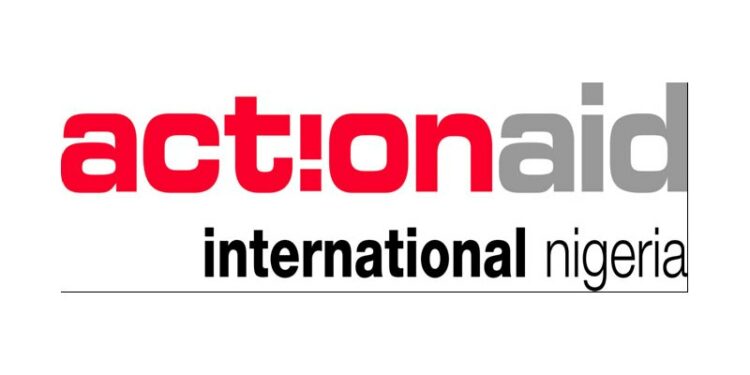ActionAid Nigeria has raised the alarm over the country’s surging public debt, which has reached N134.297 trillion as of June 2024.
Country Director of ActionAid Nigeria, Andrew Mamedu, in a statement on Monday, revealed that the debt represents an increase of nearly N13 trillion in just three months.
He noted that the debt-to-GDP ratio has now exceeded 50 per cent, placing a financial burden of approximately N619,501 on every citizen, far surpassing the recently approved N70,000 minimum wage.
Mamedu explained that the debt, as reported by the Debt Management Office (DMO), is divided between N63 trillion in external obligations and N71.2 trillion in domestic borrowings.
He emphasised that the Federal Government accounts for N122.7 trillion of the total debt while states collectively owe N11.3 trillion with Lagos and Rivers States carrying the heaviest domestic debt burdens at N885.99 billion and N389.20 billion, respectively.
Mamedu stressed that the rising debt levels threaten the country’s ability to fund critical services such as healthcare, education, and poverty alleviation.
“Despite promises to redirect resources saved from the removal of fuel subsidies, the impact on public welfare remains negligible, prompting questions about transparency in managing these funds,” he said.
“The removal of the fuel subsidy was intended to reduce borrowing and enhance fiscal stability. However, the benefits of these savings remain unclear, and without strict oversight, the risk of mismanagement looms large,” he added.
ActionAid called for a comprehensive fiscal overhaul, emphasising the need to diversify revenue streams, implement progressive taxation, and reduce government expenditures, including allowances for high-ranking officials.
“It is critical to adopt more sustainable fiscal practices. Nigeria must prioritise the welfare of its most vulnerable citizens over infrastructure projects that do not yield immediate benefits to the populace,” he noted.
Mamedu also emphasised the need for accountability and transparency to rebuild public trust while also advocating transparent borrowing practices and efficient spending in ensuring that borrowed funds directly address critical needs.
Mismanagement of resources, he argued, has compounded the debt issue, deepening inequality and social unrest.
He further called for equitable resource allocation across states, highlighting the need to address regional disparities in fiscal policies.
“This approach, coupled with accountability in debt management, is essential to foster long-term, inclusive economic growth,” Mamedu noted.
He added that Nigeria stands at a critical juncture in its fiscal journey, noting that without immediate and decisive reforms, the nation risks falling deeper into a debt crisis, undermining economic stability and the welfare of its citizens.
Mamedu added that ActionAid Nigeria remains steadfast in its commitment to advocating for policies that prioritise the needs of Nigeria’s most vulnerable, urging the government to reorient its strategies toward a more sustainable and equitable future.










